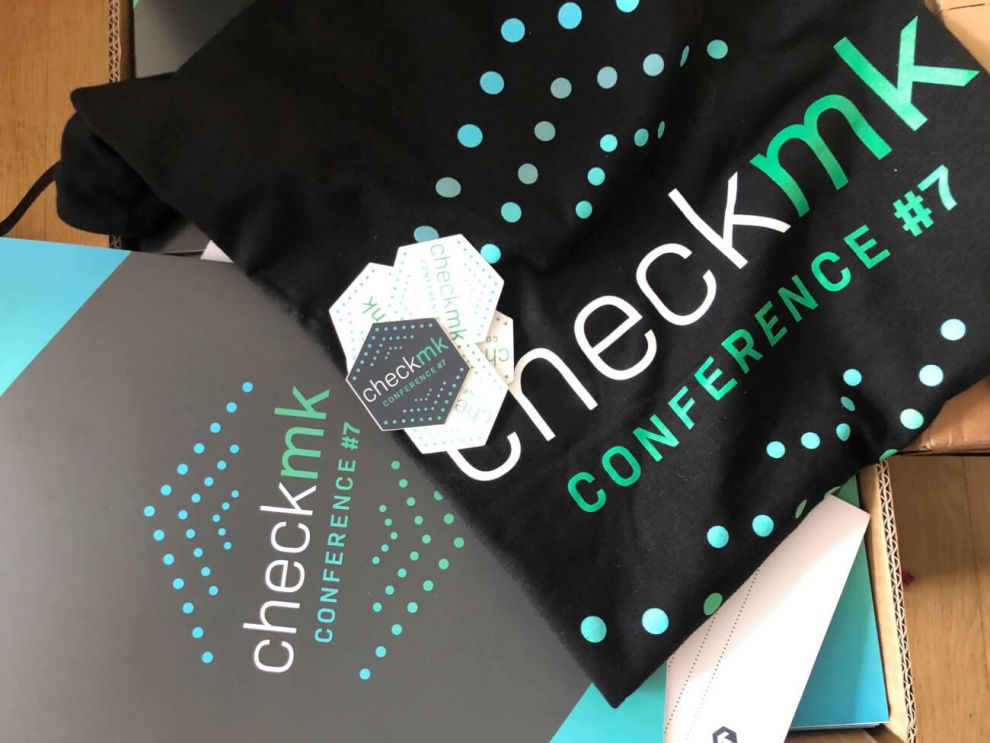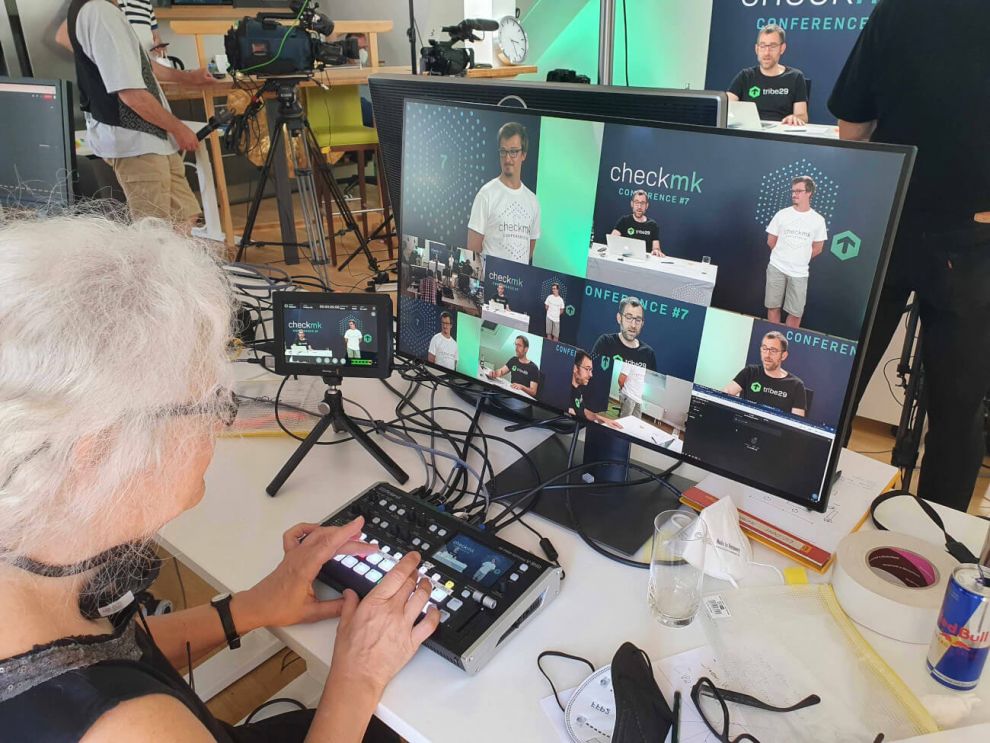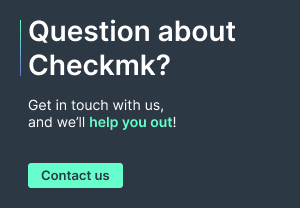At the beginning of this year we had to ask ourselves the question: Following 2020, should the Checkmk Conference #7 once again be a purely online event or a hybrid event? Since Germany was still in the midst of the second wave of the Corona virus at that time and the further developments were not foreseeable, we decided on the first option: The Checkmk Conference #7 would again (have to) be held as an entirely virtual event. This year, however, we were already able to draw on our experience of the previous year, when we had to convert the Checkmk Conference #6 to an online conference at short notice.
However, a completely online conference does not necessarily have to be a disadvantage. One positive point is that it allows everyone to attend the conference from the comfort of their own home – eliminating the need to travel. By scheduling the main conference program for the afternoon, we also wanted to make the conference attractive to people living in American time zones. What we didn't expect was the number of participants. Ultimately, we recorded over 980 registrations, of which 361 were paid packages and 618 were free tickets. That was significantly more than we had anticipated. For comparison, more than 220 attended last year's conference.

As happy as we were with the high demand, this also did mean more work for the organization team – for instance, goodies had to be reordered so that every participant who had booked a conference package would still receive their goodie bags in time. The conference shirts were particularly time-critical. They had to be in the right size, and the supplier's longer delivery times had to be taken into account as well. In addition, we had to ensure that the goodie packages sent to the USA or Australia would arrive in time before the conference officially started.
Another sticking point was the technical implementation of the conference. Last year we used a combination of Zoom and BigMarker as platforms for the virtual conference – but this year we decided to use a different setup. We again used Zoom for the six workshops taking place on each conference day, but for the Tech Sessions and the talks on the main stage that were open to everyone, we opted for a YouTube stream.
What remained open at this point was the question of how we could get the participants actively involved and have their voices heard. After all, we have always enabled conference participants to influence the further development of Checkmk. This means that they vote on planned functions and we can thus take into account the wishes and needs of our users. With Slido, we have opted for a tool that not only enables voting but also allows participants to ask their questions.
We consequently implemented the YouTube live stream and Slido on a separate website for the conference. We also integrated a chat on the site so that participants could also exchange information with each other.
Participants who had booked at least a Basic package also had the opportunity to exchange information on the conference, Checkmk, technical questions, and so on with the tribe29 team and other Checkmk users through a number of Slack channels.
Over the two days of the conference, we thus succeeded in facilitating lively exchanges between the participants. In total, participants asked 272 questions during the presentations on Slido, for example. In the Tech Session, which was only available to paying participants, 81 questions were asked. Following each presentation, there was also the opportunity to take part in a Q&A with the tribe29 team via Slack to discuss the topic in more detail.
But we didn't just change the technical setting for the conference, we also upgraded our studio setup. This year, our TV studio included seven cameras. However, this more elaborate setup led to another problem: The room we actually wanted to use as a video studio for the conference was too small to be able to comply with the Corona requirements for all of the people needed. After all, in addition to the two or three speakers on stage, the sound and camera direction had to be done behind the scenes. We were, fortunately, able to find a sufficiently large room in the attic at Kellerstraße 29. All we needed to do was to relocate the studio and set it up for the conference.

The closer the conference came and the more participants continued to register for the conference, the greater the anxiety on our side: Will the technology and the web server cope with the large number of participants? What will we do if one part fails? We did a lot of testing beforehand, but of course, a certain residual risk always remains. Now, after the conference, we can say that all of our fears were unfounded. The conference went off without a hitch. On the first day of the conference, we recorded a peak of more than 400 spectators. On the second day, the number peaked at more than 350 people watching the live streams. The attendees not only listened to the presentations, but also actively asked their questions and voted in our polls on future developments of Checkmk via Slido. In parallel, they commented on the presentations in the chat.
The Fireside Chat rounded off the first day of the event. tribe29 founder Mathias Kettner, CEO Jan Justus, and Lars Michelsen, head of development, chatted during the Fireside Chad about various topics related to Checkmk in a relaxed atmosphere over a beer with guests connected via Zoom. Those who still felt like it could also participate in the after-party via Zoom – even though this cannot replace the one-to-one personal exchange and social networking at a face-to-face event.
After two days of the conference, the conclusion of our CEO Jan Justus was therefore also positive. Although it is difficult to build a relationship with the participants via cameras alone, we are nevertheless pleased that there was strong interaction on the various available channels throughout the entire conference. We were again positively surprised by the in-depth exchange with the attendees this year. Nevertheless, it is our goal that next year's Checkmk Conference #8 will again be a physical event, after all, our conference thrives on the personal exchange with our users.
